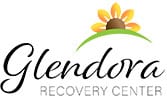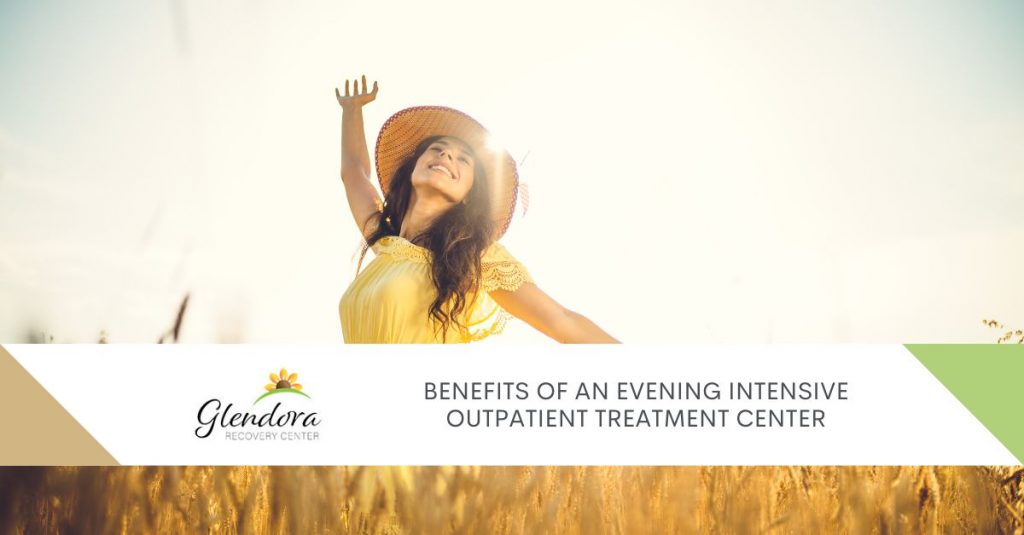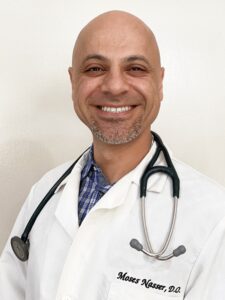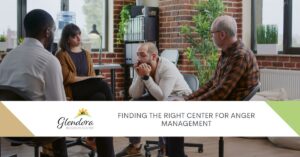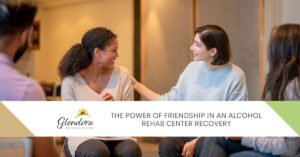Have you been thinking about going to an IOP for help but aren’t sure if it’s right for you? Does it seem like it’s just too difficult to fit an IOP into the rest of your schedule? For working adults with many responsibilities, it can feel practically impossible to manage both an IOP as well as everything else that you have to do. That said, not everyone is a great fit for an evening IOP. So, with that in mind, why should you choose an evening IOP?
Signs You’re a Good Fit for an Evening IOP
For the most part, those who fit best at an evening IOP don’t require 24/7 monitoring for their addiction. There’s no such thing as a “small” addiction. But, if you have made some progress on your journey of recovery, then this can be a good fit. That said: when you reach out to us, we’ll be able to connect you to someone to help you best, even if it isn’t us..
Others who are right for an evening IOP are those who have a more supportive home environment. That means their family, their roommates, their support system is in place to be there for them when they return late into the evening. A nurturing home environment is key.
This may not be true of anyone, but many who get a lot out of an evening IOP are those who have recently completed some other kind of program. Whether it’s a PHP, residential, or something else, an evening IOP can be a way to build on that. This care provides additional support to keep you on the right path.

Evening IOP Benefits
When it comes to IOP benefits, the most noticeable is, of course, the flexibility. You’ll have flexibility in scheduling therapy sessions, accommodating your daily life. It’s a two-way street—better response to your needs and fitting treatment into your schedule.
Unlike inpatient services, IOPs encourage patients to manage personal responsibilities. Striking a balance between recovery and daily life is pivotal for long-term success.
In IOPs, patients get the chance to practice coping mechanisms in their daily lives. There’s no “waiting” to see how all of this works, and how you can use it, not like you would have in residential treatment. You’ll be able to put it to good use the moment you leave GRC. The transition from theory to real-life application can be so beneficial for lasting recovery.
Just because you leave an IOP at the end of the day, that doesn’t mean that you’ll receive anything less than the best treatment. Here, we offer individual counseling, group therapy, and so much more.
Why You Should Choose an Evening IOP Here at Glendora Recovery Center
Our evening IOP is just one of the many ways that we can help here at Glendora Recovery Center. If you believe that you would be a good fit for our evening IOP program, we encourage you to reach out to us for a free consultation.
That said, the evening IOP is just one of the many different kinds of treatment that we offer. Indeed, during a conversation with us, it may come to be that you’re a better fit for our IOP, our PHP, Sober Living, or some other level of care. We can help to guide you towards what’s best for you right now as well as what can help in the future.Picking up the phone and contacting us may be one of the most difficult things you ever do. But, we can tell you it is worth it. Reach us today through our site or by calling.
